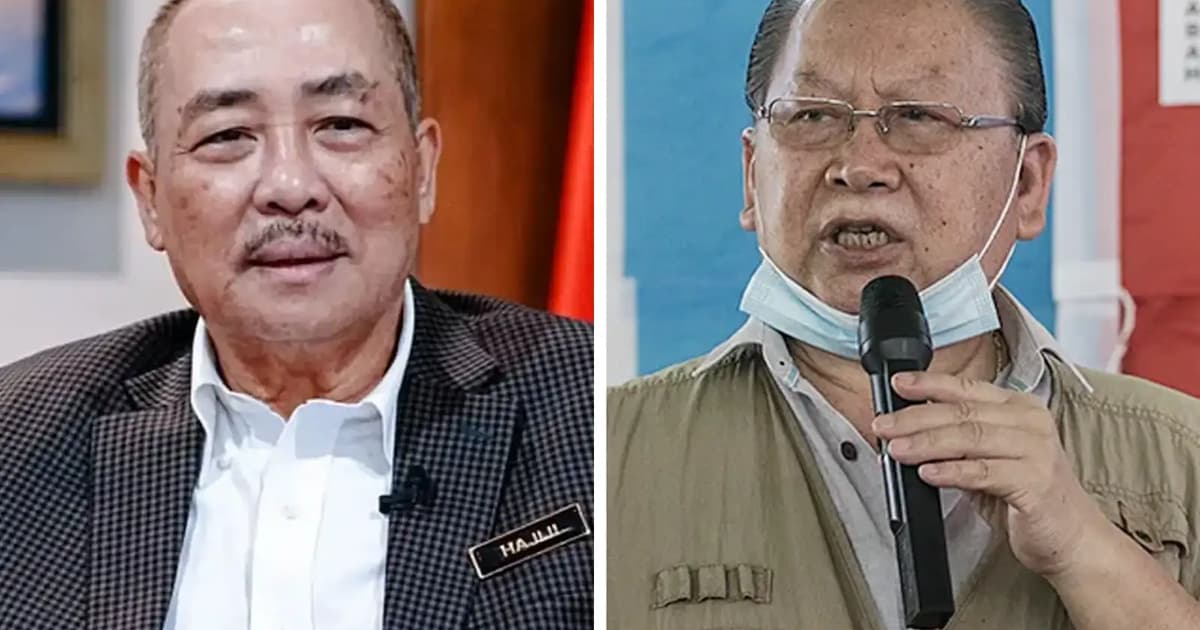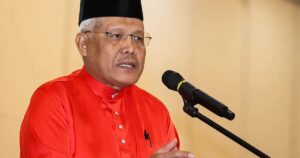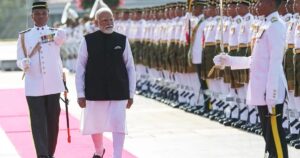
Sabah’s need to maintain close ties with Putrajaya goes beyond political rhetoric and reflects pressing realities, particularly the state’s development priorities, say analysts.
Bilcher Bala of Universiti Malaysia Sabah said maintaining a strong bond with the federal government was a strategic necessity, while Universiti Malaya’s Awang Azman Pawi described them as a prevailing political reality.
Bilcher said the commercial collaboration agreement inked with Petronas in 2021 could not have been reached without a strong working relationship between the state government and the federal administration at the time.
“A good relationship with West Malaysia would not only expedite the implementation of policies but also allow room for further negotiations on Sabah’s rights as enshrined under the Malaysia Agreement 1963 (MA63).

“Without a constructive relationship, Sabah risks being sidelined in the distribution of national resources and policies,” he told FMT.
Awang Azman said good ties were necessary as Sabah was quite dependent on the federal administration for allocations as well as approvals for the state’s key projects and policies.
He also noted that Parti Bersatu Sabah (PBS) lacked cordial ties with the federal government during its leadership of the state in 1985 — a rift that led to defections and the resignation of then chief minister Joseph Pairin Kitingan.
“When a party or coalition forms the state government without preserving good ties with the federal government, it runs the risk of seeing projects being stalled, funding being delayed and political stability being threatened,” he said.

Awang Azman said any party seeking to form the next Sabah government would need to cultivate strong ties with both Pakatan Harapan, which leads the unity government, and Umno, given its pivotal role in the federal administration.
On Aug 12, chief minister Hajiji Noor said a strong relationship between the Sabah and the federal government was crucial to ensure the Bornean state’s development.
In a speech in Ranau, the Gabungan Rakyat Sabah (GRS) chairman said this was why the coalition wanted to maintain its alliance with PH, adding that victory in the coming state election would be meaningless without stability.
Bilcher said federal-state synergy during Hajiji’s administration has produced tangible development for the state, reinforcing the view that such cooperation is a crucial aspect of effective state leadership.
“His statement also functions as a signal to voters that GRS doesn’t just want to win (the state election) but to form a state government that can last and function with the unity government.”
Because of this, he expects parties seeking to contest the state polls on their own to adopt a cautious approach when it comes to “attacking” the federal government, and especially PH.
He said Warisan, in particular, may choose to critique federal policies in a more constructive manner, given its position in the unity government.
However, Awang Azman said parties going solo may aim to set themselves apart from the broader political landscape by voicing strong criticism of the federal government.
He said such parties may adopt a more aggressive campaign posture to assert a distinct identity and differentiate their political objectives from the broader field.






